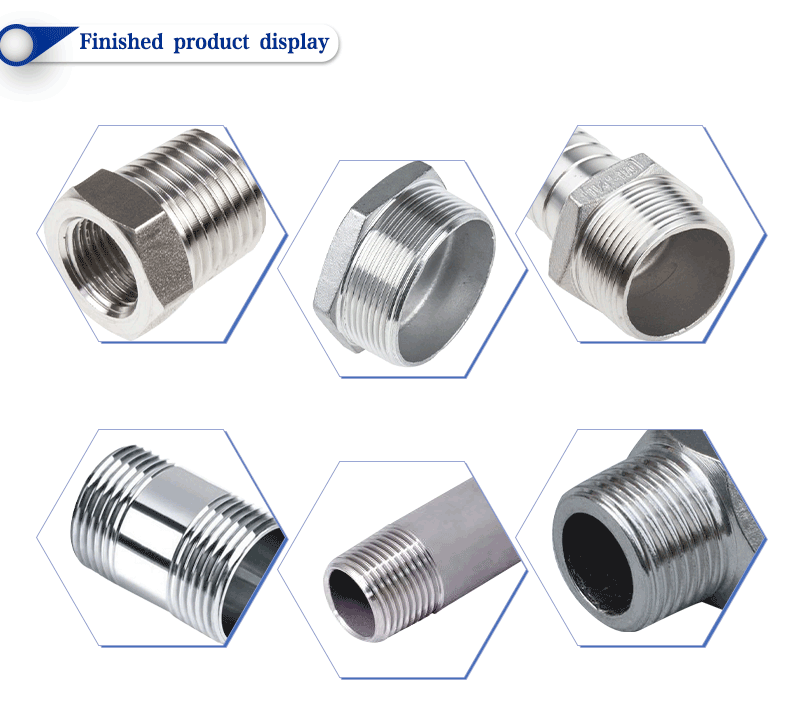
-
 Afrikaans
Afrikaans -
 Albanian
Albanian -
 Amharic
Amharic -
 Arabic
Arabic -
 Armenian
Armenian -
 Azerbaijani
Azerbaijani -
 Basque
Basque -
 Belarusian
Belarusian -
 Bengali
Bengali -
 Bosnian
Bosnian -
 Bulgarian
Bulgarian -
 Catalan
Catalan -
 Cebuano
Cebuano -
 Corsican
Corsican -
 Croatian
Croatian -
 Czech
Czech -
 Danish
Danish -
 Dutch
Dutch -
 English
English -
 Esperanto
Esperanto -
 Estonian
Estonian -
 Finnish
Finnish -
 French
French -
 Frisian
Frisian -
 Galician
Galician -
 Georgian
Georgian -
 German
German -
 Greek
Greek -
 Gujarati
Gujarati -
 Haitian Creole
Haitian Creole -
 hausa
hausa -
 hawaiian
hawaiian -
 Hebrew
Hebrew -
 Hindi
Hindi -
 Miao
Miao -
 Hungarian
Hungarian -
 Icelandic
Icelandic -
 igbo
igbo -
 Indonesian
Indonesian -
 irish
irish -
 Italian
Italian -
 Japanese
Japanese -
 Javanese
Javanese -
 Kannada
Kannada -
 kazakh
kazakh -
 Khmer
Khmer -
 Rwandese
Rwandese -
 Korean
Korean -
 Kurdish
Kurdish -
 Kyrgyz
Kyrgyz -
 Lao
Lao -
 Latin
Latin -
 Latvian
Latvian -
 Lithuanian
Lithuanian -
 Luxembourgish
Luxembourgish -
 Macedonian
Macedonian -
 Malgashi
Malgashi -
 Malay
Malay -
 Malayalam
Malayalam -
 Maltese
Maltese -
 Maori
Maori -
 Marathi
Marathi -
 Mongolian
Mongolian -
 Myanmar
Myanmar -
 Nepali
Nepali -
 Norwegian
Norwegian -
 Norwegian
Norwegian -
 Occitan
Occitan -
 Pashto
Pashto -
 Persian
Persian -
 Polish
Polish -
 Portuguese
Portuguese -
 Punjabi
Punjabi -
 Romanian
Romanian -
 Russian
Russian -
 Samoan
Samoan -
 Scottish Gaelic
Scottish Gaelic -
 Serbian
Serbian -
 Sesotho
Sesotho -
 Shona
Shona -
 Sindhi
Sindhi -
 Sinhala
Sinhala -
 Slovak
Slovak -
 Slovenian
Slovenian -
 Somali
Somali -
 Spanish
Spanish -
 Sundanese
Sundanese -
 Swahili
Swahili -
 Swedish
Swedish -
 Tagalog
Tagalog -
 Tajik
Tajik -
 Tamil
Tamil -
 Tatar
Tatar -
 Telugu
Telugu -
 Thai
Thai -
 Turkish
Turkish -
 Turkmen
Turkmen -
 Ukrainian
Ukrainian -
 Urdu
Urdu -
 Uighur
Uighur -
 Uzbek
Uzbek -
 Vietnamese
Vietnamese -
 Welsh
Welsh -
 Bantu
Bantu -
 Yiddish
Yiddish -
 Yoruba
Yoruba -
 Zulu
Zulu
Affordable Prices for Hydraulic Thread Rolling Machines in 2023
The Price of Hydraulic Thread Rolling Machines An Overview
Hydraulic thread rolling machines are essential tools in various manufacturing industries, particularly those focusing on fasteners, bolts, and other threaded components. These machines use a process called thread rolling to create strong, precise threads on metal materials, enhancing the durability and quality of the finished products. As industries continue to evolve, the demand for high-quality, efficient machinery has led to a growing interest in understanding the price dynamics of hydraulic thread rolling machines.
Factors Influencing Price
The price of hydraulic thread rolling machines can vary significantly based on several factors
1. Machine Specifications Different models come with varying specifications such as size, capacity, and technology. Higher-capacity machines that can handle larger or more complex operations typically command higher prices. For instance, a machine capable of rolling threads on larger diameters or with more advanced automation features may be priced at a premium.
2. Brand Reputation Well-established manufacturers known for quality and reliability often charge more for their equipment. Investing in a reputable brand can be a strategic choice, as the long-term benefits of durability and customer support might justify the higher initial expense.
3. Technology and Features Modern hydraulic thread rolling machines may incorporate advanced technology such as CNC (Computer Numerical Control) systems, allowing for greater precision and automation. These high-tech features can increase production efficiency but also add to the machine's cost.
4. Regional Market Variations The price of machines can also fluctuate based on geographical location and local economic conditions. For example, in regions with high manufacturing output, prices may be competitive due to a larger supply of machinery and alternatives. Conversely, in markets with limited access or fewer suppliers, prices could be higher.
hydraulic thread rolling machine price

5. New vs. Used Equipment The decision to purchase new or used machinery significantly impacts the price. While new machines come equipped with the latest technology and warranty, used machines can provide a budget-friendly alternative, albeit with potential risks regarding performance and maintenance.
Average Pricing
On average, hydraulic thread rolling machines can range from a few thousand to several tens of thousands of dollars. Basic models may start at around $10,000, while high-capacity or specialized machines can exceed $50,000 or more, depending on the aforementioned factors. Additionally, aftermarket costs such as installation, training, and maintenance should also be considered when budgeting for the purchase.
Benefits vs. Costs
While the initial price of hydraulic thread rolling machines might appear substantial, the long-term benefits often outweigh the costs. These machines offer higher production rates, reduced waste, and improved product quality—key factors in maintaining competitiveness in the manufacturing sector. Companies that invest in reliable equipment generally experience lower operational costs over time thanks to reduced downtime and maintenance requirements.
Conclusion
In conclusion, the price of hydraulic thread rolling machines is influenced by various factors, including machine specifications, brand reputation, technological advancements, regional market conditions, and whether the equipment is new or used. Companies looking to enhance their manufacturing capabilities should weigh the initial costs against the potential benefits these machines bring to their operations. Investing in a quality hydraulic thread rolling machine can lead to significant returns in productivity, efficiency, and product quality, making it a critical asset in today’s manufacturing environment.
